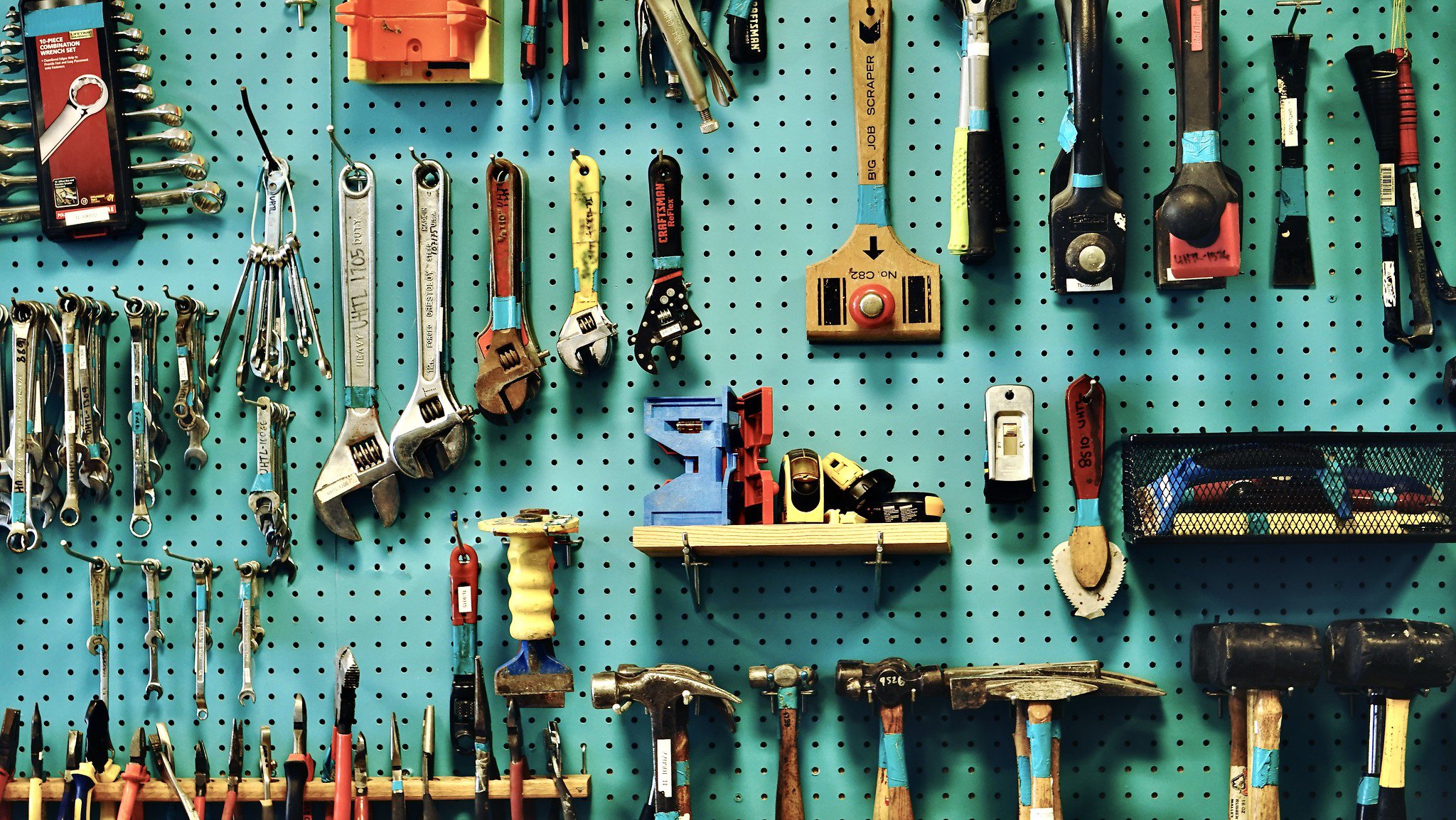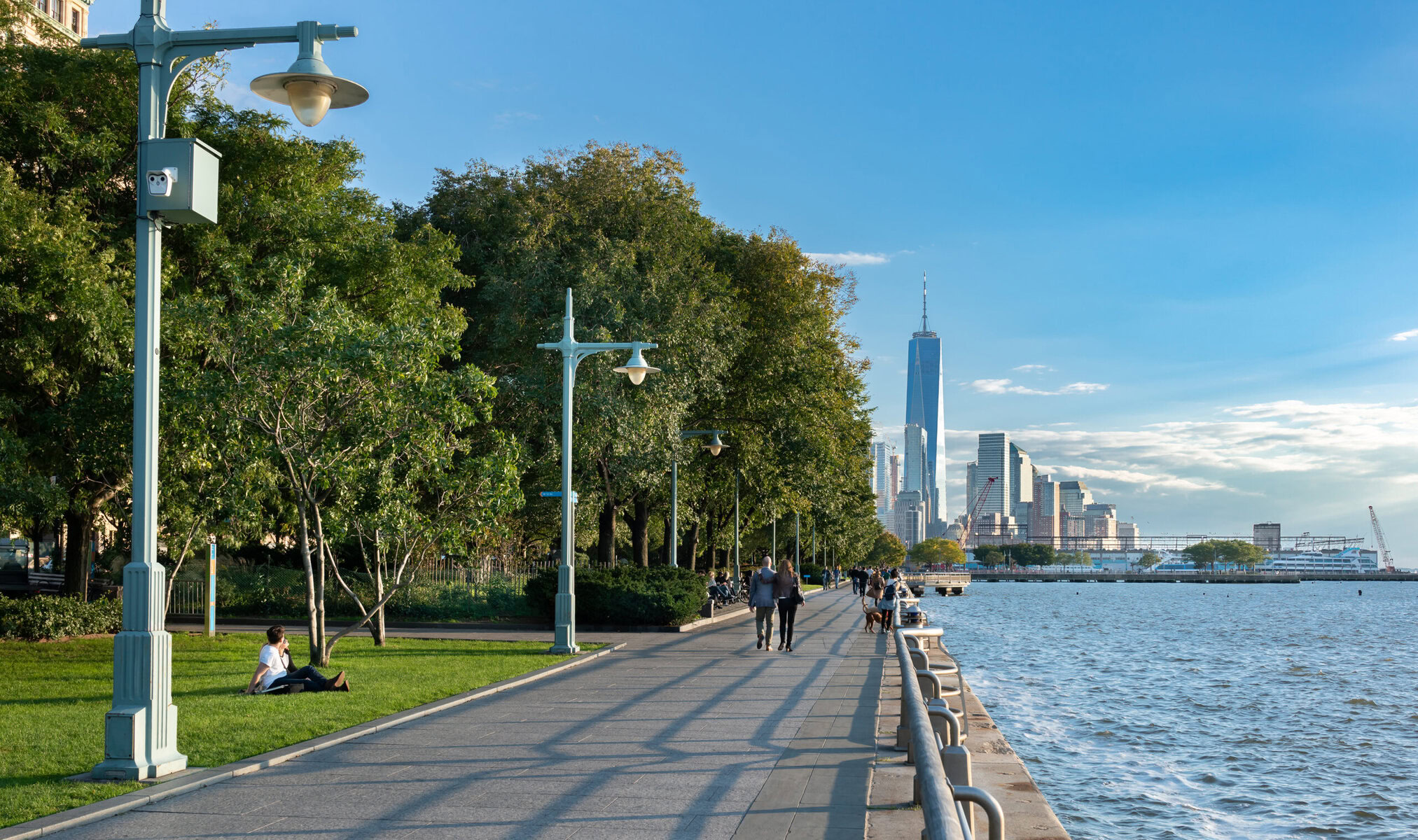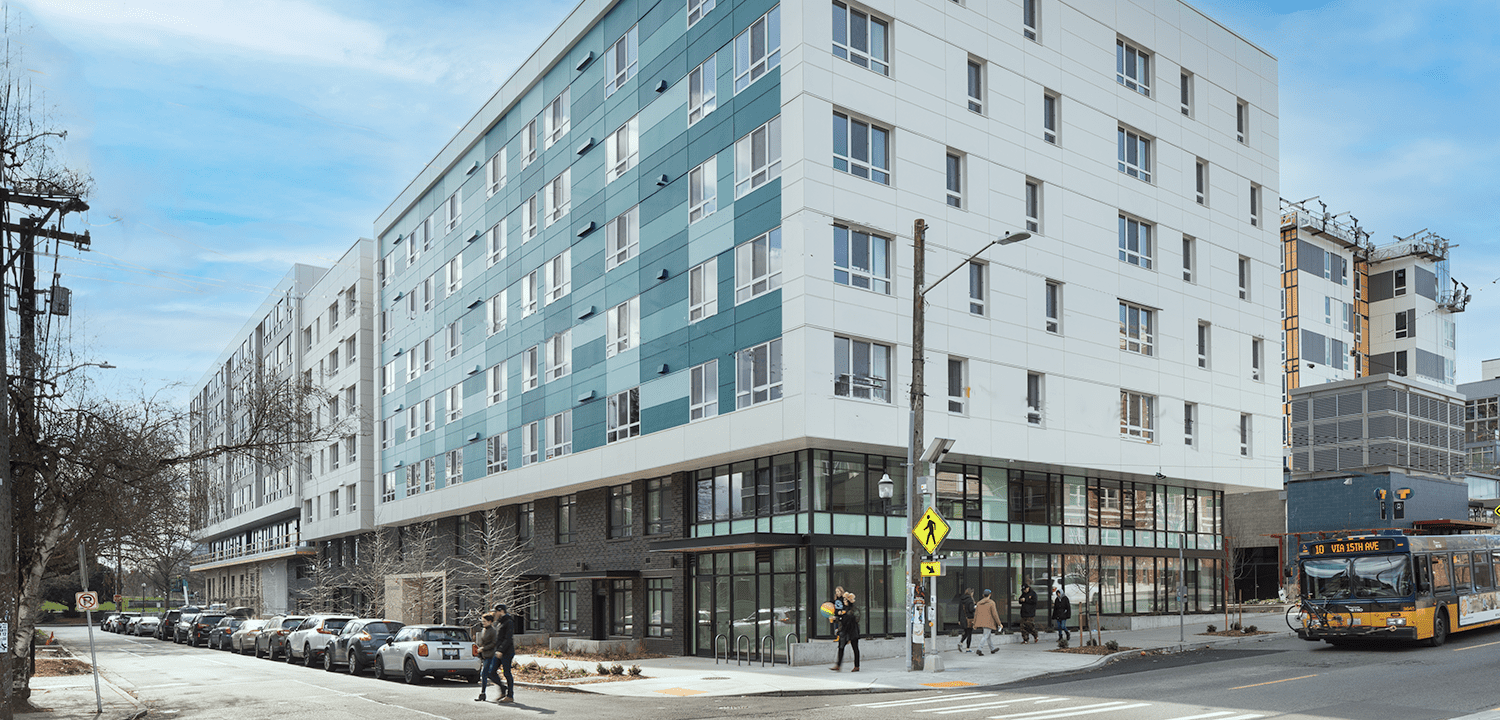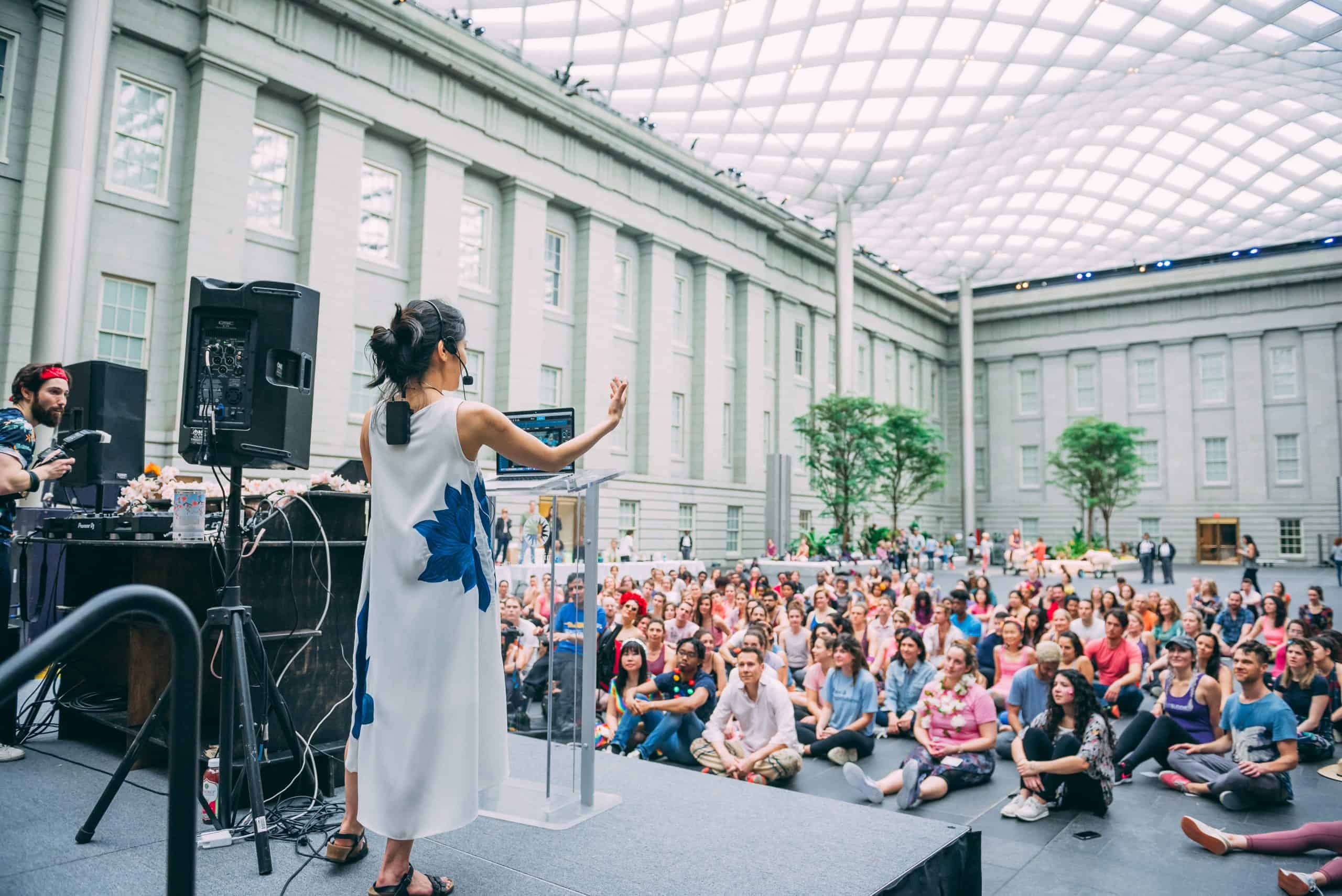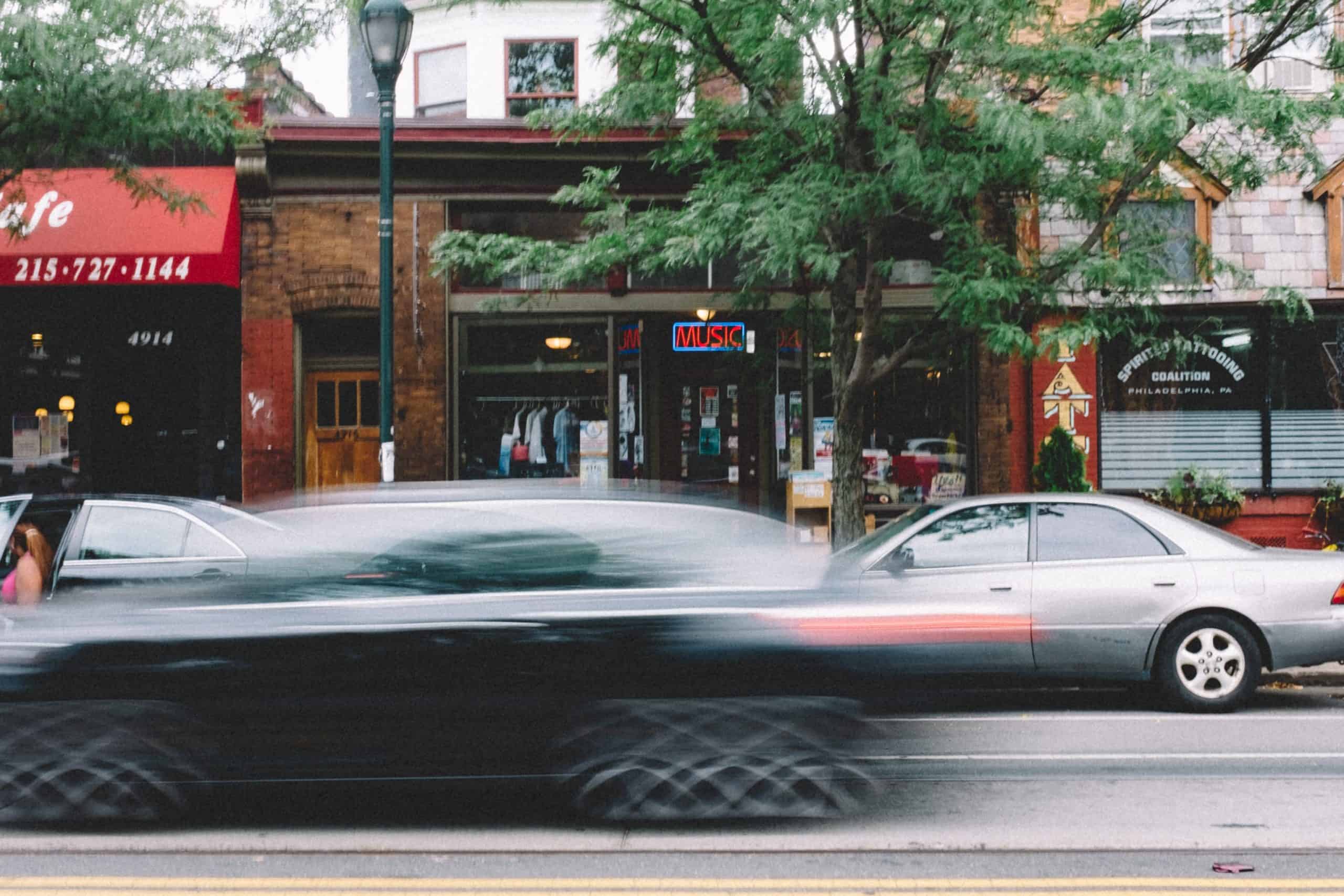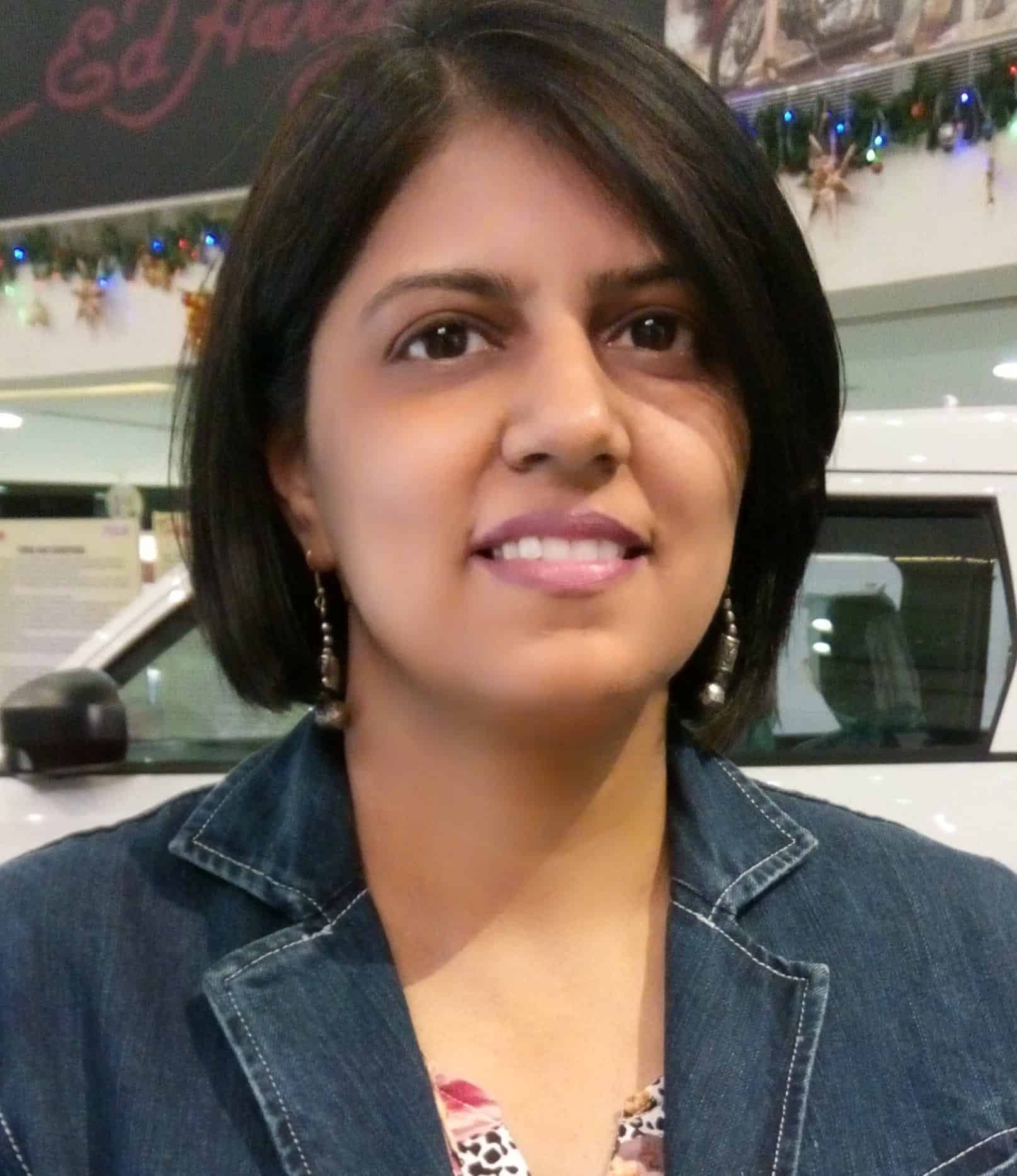Early in May, Marcus and Raina Ranney, a doctor and a physiotherapist, heard from one of their domestic staff that his son was ill with Covid-19. The boy’s medical expenditures were piling up. So, the Ranneys reached out to neighbors in their Mumbai apartment complex through a residents’ WhatsApp group. Had anyone recently recovered from Covid, and did they have any unused leftover medicines? Several of their neighbors responded, and, thanks in part to the medicines they sent, the boy made a full recovery.
“That’s when the penny dropped,” recalls Marcus Ranney. “I thought: if one apartment [complex] can come together to save a life, then imagine what a locality or city or country can do.”
That was the start of India’s Meds For More initiative (MFM), a simple idea that has grown quickly — in just one month, the effort has developed a presence in a dozen cities. As part of the effort, hundreds of volunteers collect unused, leftover medicines from recovered Covid-19 patients in their apartment buildings, offices, student clubs, schools and elsewhere. They send them to MFM’s collection centers, and from there, NGOs licensed and equipped to work in the health sector transport the medicines to underprivileged or marginalized communities in urban and rural areas. Health care professionals working with these NGOs sort and pack the medicines, and hand them over to hospitals and health care centers to alleviate the supply deficit caused by the second wave of the pandemic raging in India since late February.
Cases have shot up in India over the last three months — in May the country recorded the highest number of infections and deaths worldwide. India’s overconfident government — whose health minister declared in March that the country was “in the endgame” of the crisis — was caught unprepared for the surge. In recent weeks, patients have died while waiting for medical oxygen, and citizens have flooded social media pleading for oxygen cylinders, ICU and ventilator beds, and antiviral medications.
Meanwhile, the demand for drugs commonly prescribed for Covid-19 patients has given rise to a black market on which patients often pay seven to ten times typical prices. (Even in the best of times, 65 percent of Indian patients’ out-of-pocket health care expenses are spent on drugs, versus the global average of about 20 percent.)
India’s surge has hit rural areas particularly hard, as workers who had migrated to cities for jobs make their way home, bringing the virus back to their villages, where public health infrastructure is already often quite poor.
Crushed by negative news?
Sign up for the Reasons to be Cheerful newsletter.Dr. Nandkishor Pethsangvikar, an ayurvedic doctor in rural Maharashtra, is the medical lead for an 80-bed Covid Care Center (CCC), one of the many opened in India to care for mildly ill patients. Maharashtra’s CCC supplements the paltry 100 beds in the public district hospital.
Pethsangvikar says that the district hospital that feeds the CCC has been sending only four drugs. Other medications are provided by individual donors and organizations, MFM being one of them. “Most of our patients work as agricultural or industrial laborers, so the medicines are not affordable for them,” Pethsangvikar says.
In the remote tribal areas of the western state of Gujarat, the situation is similar. Himat Chauhan, whose Pochabhai Foundation works to uplift tribal people in this area, says that the medicines are inaccessible to the community as the nearest pharmacy is about 20 kilometers away. No one wants to hop on a bus and spend money and a day looking for medicines in understocked pharmacies in nearby towns. So, whenever a health care center hands them a prescription instead of medicines, they go without treatment. “Their attitude is, whatever will be will be,” Chauhan says.
Chauhan will deliver a package of medicines from MFM this week, which will help hundreds who depend on the primary health center, the first and only point of contact with a physician in those villages. Some of the more general medicines — like antacids and broad-spectrum antibiotics — included in the package can be prescribed for illnesses other than Covid-19, as well.
Mumbai-based volunteer Khushboo Rastogi is part of the MFM initiative’s eight-member core team. Pharmacies in cities like Mumbai often only sell full strips or boxes of medicines, even if the patient doesn’t need that much, which means that a lot of people, like Rastogi, end up with overflowing pill boxes at home.
“Since I’m not a medico, I can’t give away my unused medicines to anyone, so this initiative really resonated with me,” Rastogi says. Being a part of it, she says, gives her a “sense of fulfillment,” a sentiment that MFM taps into to make this initiative successful.
The effort has created a ripple effect. “In the past week, similar initiatives have sprung up in at least four other cities,” Ranney says.
To make his citizen-led movement a legacy, he’s working to connect with the government in the coming weeks. “There’s no reason why the leftover resources of every illness or surgery cannot be channelized properly through the right law and policy control.”
Ranney knows that as this initiative scales up, corruption and misuse are likely, and a percentage of the medicines might not reach their assigned destination. “But I’m an optimist and will not let that sentiment hold me back from what I’m trying to do.”
